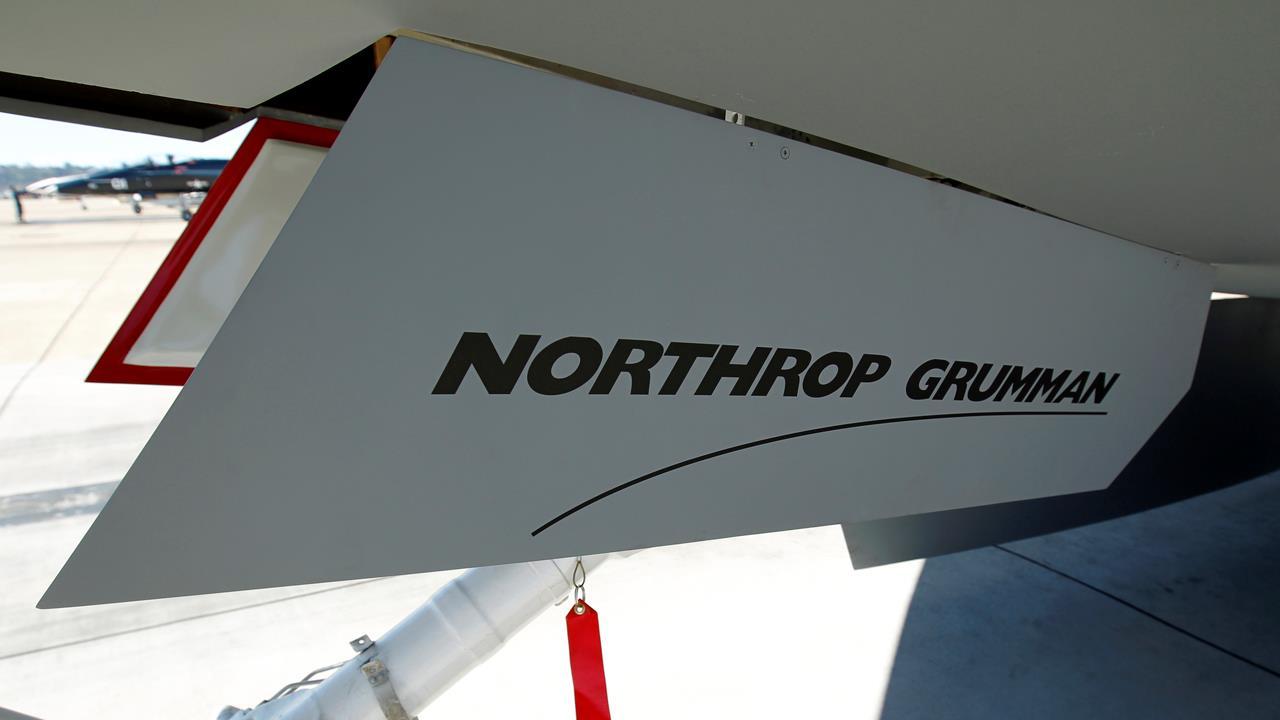Defense deals return as global threats spur military spending
Northrop Grumman’s (NYSE:NOC) $7.8 billion deal to buy Orbital ATK (NYSE:OA) is the second deal in the defense sector this month, as rising global threats heighten expectations for increased military spending.
Northrop Grumman, known for Global Hawk drones and the B-2 stealth bomber, said Monday it agreed to pay $9.2 billion including debt in a deal that would make it one of the top four U.S. defense contractors. Orbital ATK, which specializes in space and missile products, is battling Boeing (NYSE:BA) to win a contract for the next ground-based missile interceptor system, just as the U.S. looks to bolster its ability to combat North Korea’s threats of a missile strike.
The planned acquisition would mark the latest round of deal-making among military suppliers. Earlier in September, United Technologies (NYSE:UTX) said it will buy airplane parts maker Rockwell Collins (NYSE:COL) for $23 billion.
Following news of the latest deal, analysts at Morgan Stanley said the deal gives Northrop Grumman an “opportunity to accelerate growth as the [Department of Defense’s] budget rebounds.” The U.S. Senate was on track Monday to pass a defense bill that would pump $700 billion into the Pentagon’s budget, in addition to expanding missile defenses.
Jefferies analyst Howard Rubel said acquiring Orbital ATK would make Northrop Grumman a tougher competitor in the missile defense market.
“[Orbital ATK] is a leader in solid rocket propulsion and [Northrop Grumman] is strong in sensors and networks, enabling a comprehensive ballistic missile defense solution,” Rubel wrote in a note to clients.
Analysts also note that this month’s deals by Northrop Grumman and United Technologies will provide a litmus test under the Trump administration, which has yet to review a defense merger.
The Obama administration in 2015 approved United Technologies’ sale of Sikorsky to Lockheed Martin (NYSE:LMT), the world’s largest defense contractor. However, the Pentagon indicated that further deals would face more scrutiny, citing reduced competition. One thing working is Northrop Grumman’s favor is that the deal would bring innovation to missile defense technology, Rubel said.




















